Both excessive and insufficient ear hygiene are not good for the ears. Improper ear cleaning can also cause damage and make the ear canal more prone to infection. Using fingers to clean ears, digging deep, or massaging too vigorously can lead to the accumulation of excess earwax or damage to the ears, potentially causing early hearing loss.
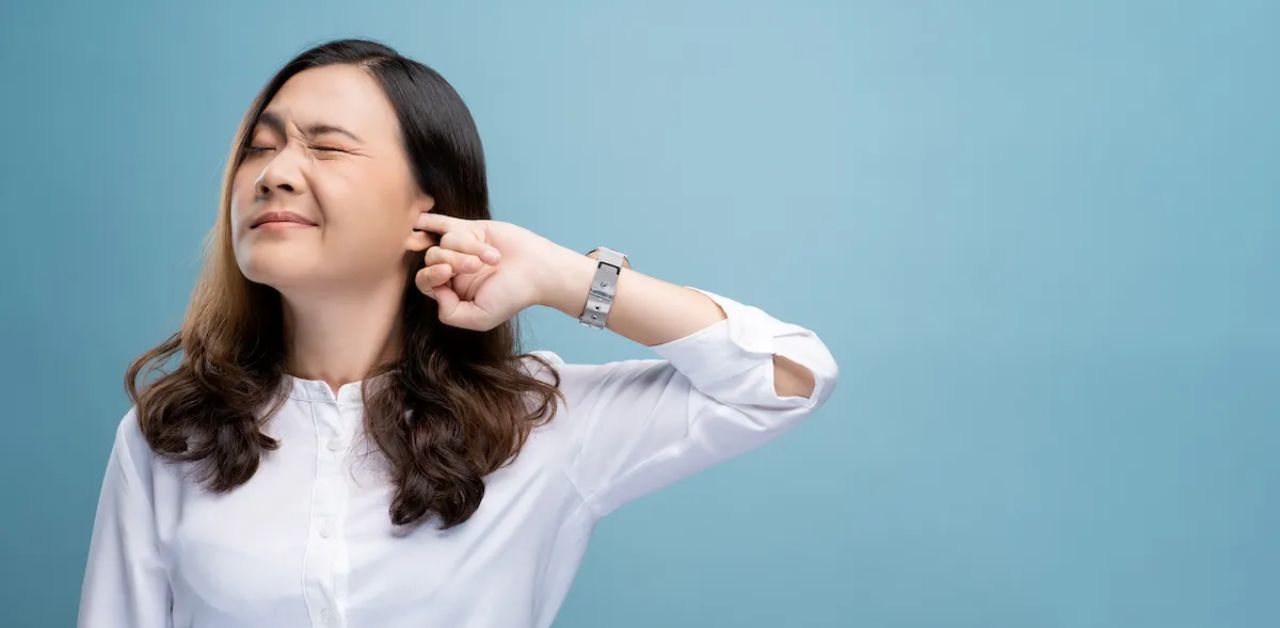
Earwax is produced in the ear canal to protect the ear from dust, bacteria, and foreign particles from the external environment, helping the skin in the ear canal avoid irritation when exposed to water.
However, if the glands produce more earwax than necessary, it can harden and accumulate in the ear. Excessive earwax buildup can cause discomfort, ear pain, ringing in the ears, and temporary hearing impairment.
Incorrect Ear Cleaning Methods
- Using cotton swabs to dig deep into the ear canal
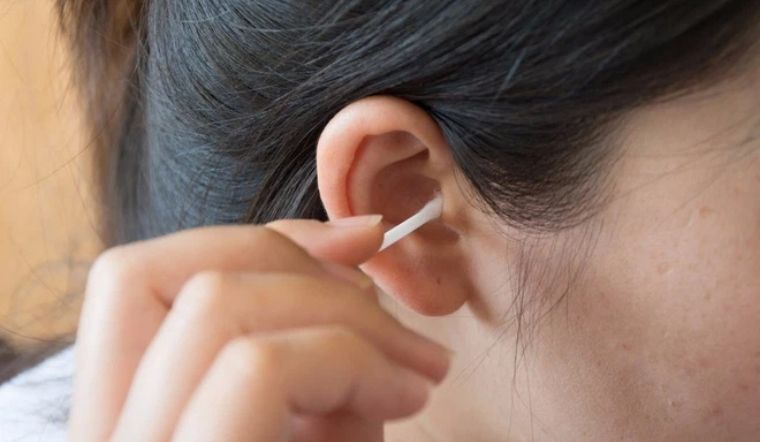
The ear is capable of self-cleaning. When earwax dries, chewing or talking can help it fall out of the ear. While earwax removal is generally unnecessary, many people have the habit of cleaning their ears frequently.
If you feel itchy in your ears, you should only use a cotton swab to clean the outer and shallow areas of the ear canal. Digging deep with a cotton swab can inadvertently push earwax closer to the eardrum, leading to the long-term accumulation of debris and causing ear infections. Earwax that is not removed can also be pushed onto the eardrum by cotton swabs, causing hearing loss or ear infections.
Using ear cleaning tools with prolonged or excessive friction can reduce the natural moisture of the ear, leading to soreness and peeling. This habit can also affect the function of the ear. You can gently clean the outer ear with saline solution if you encounter ear congestion or blockage, but it’s advisable to seek early medical attention if you have ear problems.

Cotton swabs are recommended for use only in the outer ear and should be avoided for deep cleaning in the ear canal. For infants and young children, parents should only use cotton swabs to clean their ears when they are over 3 years old because the ear canal of newborns is very small and delicate. Parents can use soft cotton or tissue to gently clean the outer ear canal for their babies, as wet earwax and water can be absorbed naturally by cotton or soft tissue.
- Cleaning the ears with rigid tools
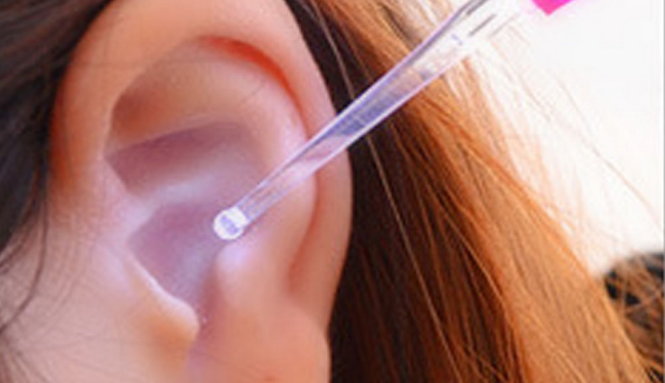
Many people often choose to remove earwax with rigid tools such as wooden or metal sticks available in the market. However, due to the specific curvature and length of each individual’s ear canal, using hard metal sticks to remove earwax is not safe. This habit poses a risk of ear damage, scratches, infections, or unintended ear tears.
- Digging ears with fingers while bathing
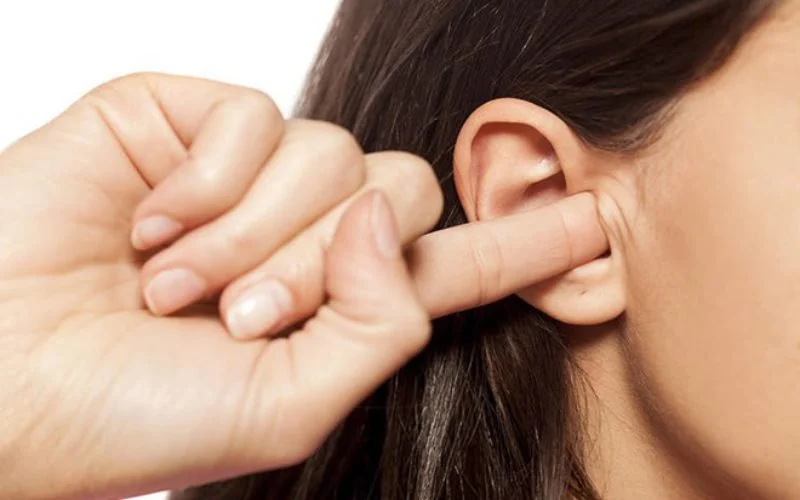
Fingernails contain many bacteria that can cause infections. The habit of inserting fingers and digging into the ear canal while bathing can introduce bacteria to the ear or scratch the ear canal. Patients with diabetes or pre-diabetes who perform this habit can also cause complications such as ear inflammation, creating wounds that are difficult to heal.
Home Ear Cleaning Methods
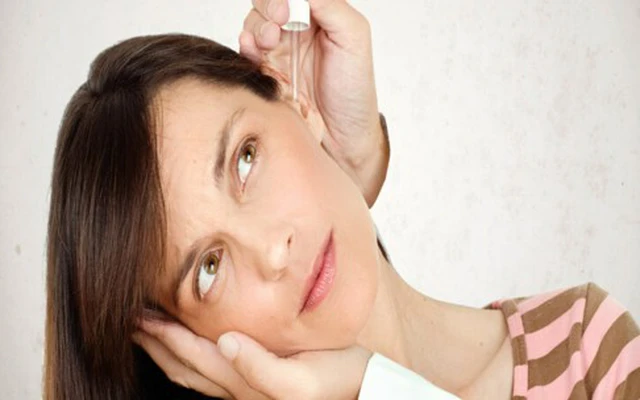
In principle, the ear canal has a self-cleaning mechanism, so regular cleaning is not necessary. In cases where excessive earwax formation causes discomfort, you should visit a doctor for examination, and ear cleaning is recommended. When your symptoms are not severe, you can gently remove superficial earwax with soft tissue or cotton swabs. You can also use some commercially available earwax-dissolving products.
You can remove earwax when it becomes uncomfortable. When earwax causes blockage in the ear canal, you should visit an ear, nose, and throat doctor to have the earwax removed using sterile instruments through endoscopy, avoiding self-induced ear injuries at home.
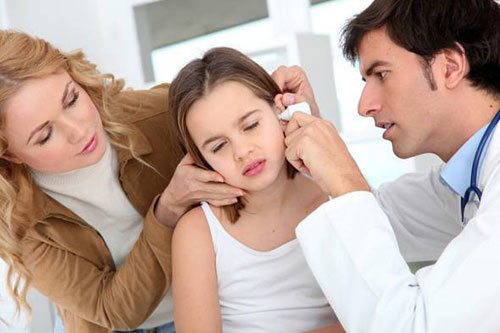
After swimming or bathing, bacteria often thrive inside the ear canal if the ears are left moist and not dried properly. You can keep your ears clean and dry by tilting your head to one side, placing a soft cloth outside the ear canal to absorb water, and repeating the process with the other ear wearing earplugs while swimming is also an effective way to prevent water from entering the ear canal, helping to keep the ears clean.

